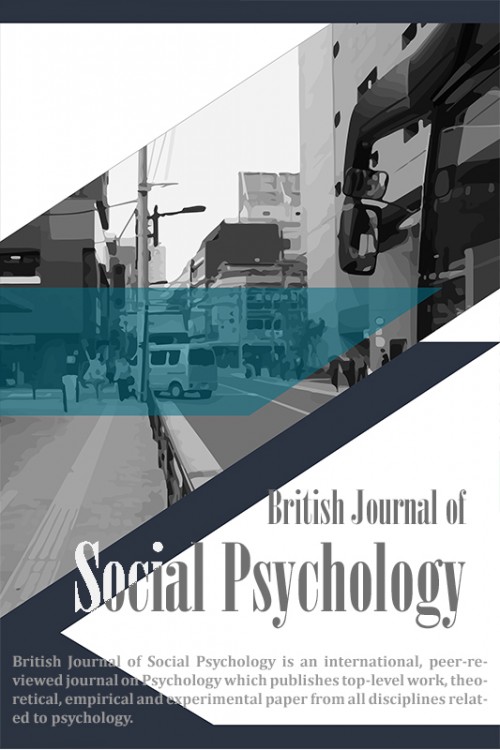
A Comparison of Intelligence Performance of Students with Learning Disabilities and Normal Students
Abstract
The main purpose of this study was to compare the intelligence performance of students with learning disabilities. The research method was descriptive with causal-comparative type according to the nature of the subject. The statistical population consisted of all patients who referred to learning disorder centers in fall 2014, which according to the tests conducted in these centers they were diagnosed with the learning disorder. Our statistical population consisted of 16 disorders of mathematics, 17 disorders of reading, 17 disorders of writing, and 15 intermittent disorders. According to Morgan and Krejcie table, we selected 15 of each individual for each disorder and included 15 normal samples in our research sample and assessed them using revised Wechsler IQ test for children. The results of data analysis with the use of ANOVA showed that the mean score of the total Wechsler IQ test, as well as the verbal and non-verbal score, showed that there was a significant difference between normal students and students with learning disabilities in Mathematics, reading, writing and mixed disorder and ordinary students have significantly improved their score IQ test. The results of Scheffe's test and a comparison between normal students with each group showed that there was a significant difference between them in the total score and verbal tests, in non-verbal tests, their difference was only significant with math disorder group.